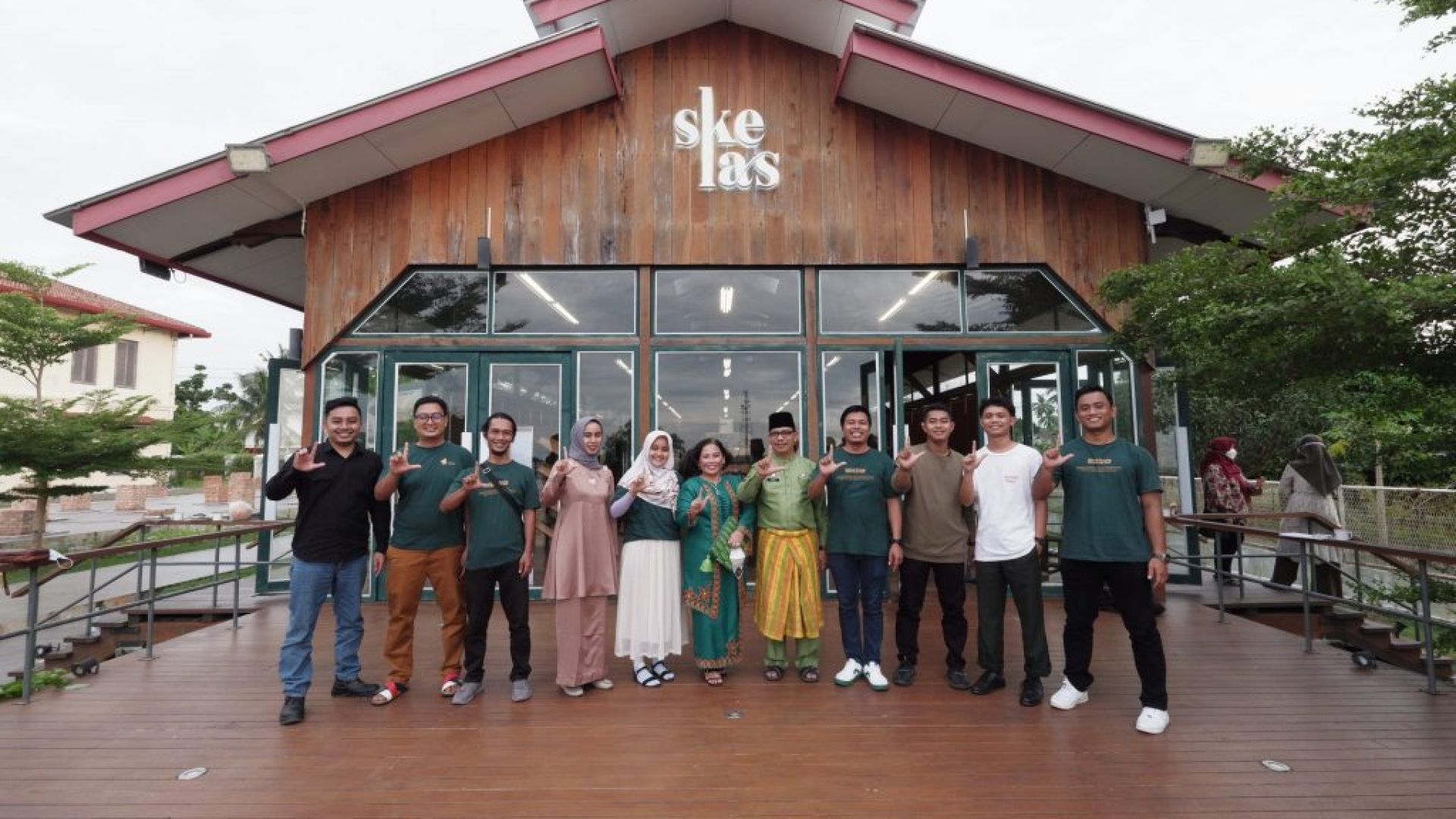Southeast Asia faces escalating economic challenges, including global fragmentation, geopolitical shifts, and the climate crisis. To tackle these issues, the region must adopt new economic models beyond extractive industries, such as the restorative economy, which restores ecosystems to support local economies.
Environmental degradation from extractive practices has severe global impacts, with 87% of wetlands lost since the Industrial Revolution, harming biodiversity, water resources, and flood prevention. Land degradation affects 3.2 billion people and costs the global economy $9.4 trillion annually.
While still emerging, restorative efforts are growing in Southeast Asia, focusing on land use, sustainable tourism, and recycling. A key example of restorative efforts is the Masungi Georeserve in the Philippines, established in the 1990s, this 430-hectare site, once devastated by illegal logging and land clearing, now thrives as a hub of conservation, community empowerment, and sustainable tourism, protecting limestone karsts, forests, and biodiversity.
Youth as The Agent of Restorative Economy
In Siak Regency, Indonesia, a restorative economic activity is also underway in its infancy through Skelas, a creative platform driven by Siak’s youth. The platform has succeeded in creating food innovations that not only benefit environmental sustainability but also have a positive impact on the local economy. One is the innovation of gluten-free premix flour that uses modified cassava flour (mocaf) and rice bran as raw materials.
Skelas has supported Santi Lestari, a 41-year-old mother, who is behind the creation of this gluten-free premix flour. Santi said that the motivation behind making this premix flour was her concern about the difficulty of finding gluten-free food ingredients and the desire to utilize the potential of local food ingredients.
“Initially, my third child was diagnosed by a doctor as having ADHD, so it was recommended to reduce wheat consumption so that the nervous disorder would not continue. Because there weren’t many choices, I tried to make my basic ingredients for Kemojo cake because it’s my child’s favorite food,” she said.
Starting from concern for her child’s health, Santi began researching and developing her product under Dapur Mempura in 2019 during the pandemic. Then, Santi joined the Siak Sustainable Business Incubation (KUBISA) program from the Siak Sustainable Creative Center (SKELAS) to develop her product for 6 months. The program is aimed to support sustainable business actors in Siak in achieving business prosperity while maintaining environmental sustainability.
The process of making this gluten-free premix flour goes through several stages, starting from designing the recipe, finding the right composition of raw materials, processing the texture, and testing the taste of the resulting product. In this case, Santi and her team work intensively with PT Alam Siak Lestari, which oversees the Siak Innovation Lab, to ensure that the products produced are safe and under applicable standards.
The advantages of this gluten-free premix flour lie not only in its natural raw materials but also in its ease of use. In addition to being easy and fast, this premix flour is very practical so that anyone can use it themselves. Therefore, this product has the potential to be distributed not only in the Siak region but also to the entire Riau region.
From Field to Table
Uniquely, this premix flour is not just a food product. Behind each package is a story about the restorative economy that is being built. By using mocaf flour and rice bran as the main ingredients, this product provides added value for local farmers.
Bran itself is a by-product of rice processing; usually, this bran is only used as animal feed and is not used by farmers further. However, since the development of bolu kemojo, Mrs. Santi has always bought the bran, thus providing additional income for farmers. Apart from providing additional economic benefits, using local bran will have a better impact on nature because of the reduction of waste during the rice processing. For mocaf flour itself, previously Mrs. Santi did buy it from outside parties, but the Siak Innovation Lab program itself has succeeded in encouraging the production of local Mocaf flour.
This certainly helps farmers and surrounding communities increasingly facing challenges from the climate crisis and land degradation, which reduce their ability to get the right results from agricultural cultivation. Ahmad, one of the farmers, said that the increasing land degradation in his area makes it difficult for him to get the harvest according to market needs.
“Sometimes it’s difficult, especially during the dry season, because the crops fail to harvest. Land is also limited, while the need to supply is increasing, and we must adjust prices to continue producing and surviving,” said Ahmad.
The Potential of Indonesia’s Healthy Food Industry to Restore the Surrounding Economy
Innovations in local food ingredients, such as premix flour from Dapur Mempura, encourage other local businesses to add economic value. Santi shared her transformation from a housewife into an MSME manager who employs several kitchens in Siak. This received a positive response from the local government.
“We see the positive impact of various innovations in local food ingredients on the development of the local economy. Innovations such as this natural ingredient premix flour meet nutritional needs but also respect village agricultural land, creating a sustainable ecosystem that synergizes with each other,” said Cerli Febri, from Skelas.
Cerli also hopes that this product can be a trigger for the growth of a sustainable economy in Siak, that goes beyond a food ecosystem, creating a conservation effort that has holistic tourist destinations like Masungi Georeserve in the Philippines. So that people can no longer need to depend on extractive economic policy.



